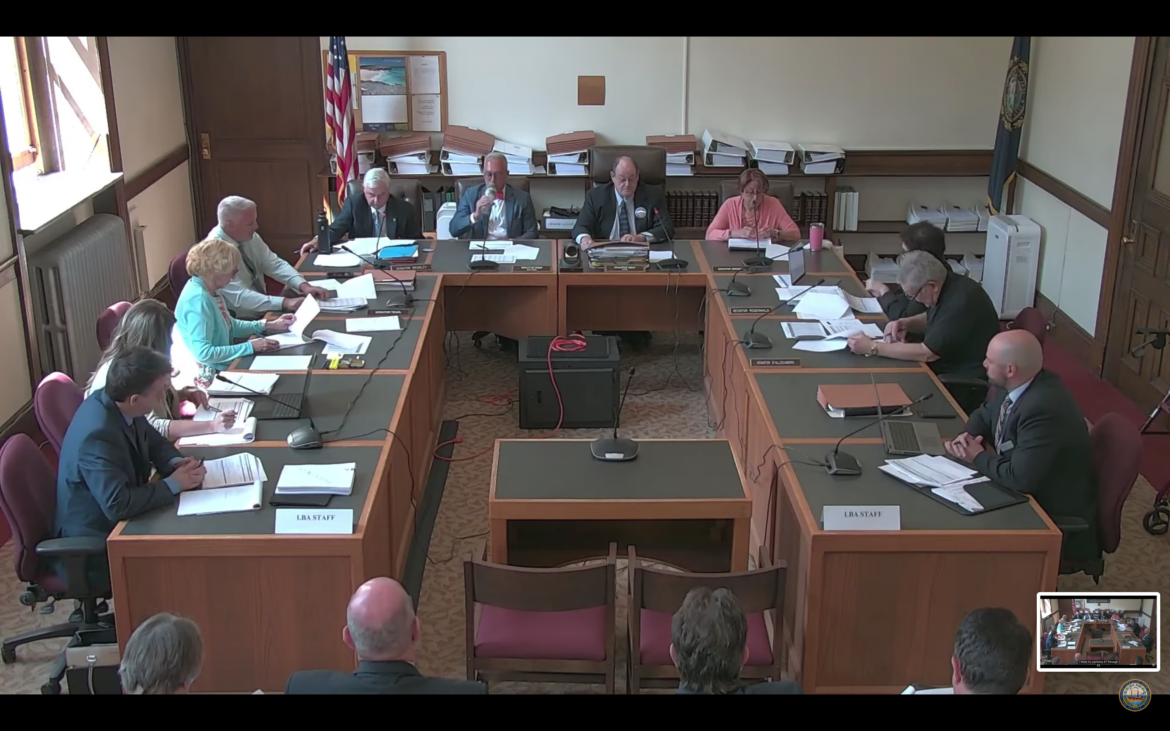By GARRY RAYNO, InDepthNH.org
CONCORD — The Senate Finance Committee agreed to a seven-year reauthorization of the state’s Medicaid expansion program covering about 60,000 Granite Staters.
The Senate had approved Senate Bill 263 on a unanimous vote to make the Granite Advantage Health Care Program permanent, but a House Finance Committee subcommittee last week voted to retain the bill until next year.
Tuesday, the Senate committee approved the seven-year reauthorization with Senate President Jeb Bradley , R-Wolfeboro, calling it “an acceptable compromise.”
Bradley said the seven-year extension makes sense as the current Managed Care Organization contracts have one more year to run.
The organizations administer the program to the state’s “working poor” who make too much to qualify for regular Medicaid, but not enough to afford private insurance.
Health and Human Services will go out to bid for new five-year contracts next year, Bradley said, noting the department said anything less than five years will cost the state 10 to 15 percent more.
He said the five-year contracts provide stability for hospitals, other health care providers and the business community, and may attract other Managed Care Organizations to bid as well.
The seven-year reauthorization will allow for contracts to be extended for a year if needed, Bradley said.
Currently three Managed Care Organizations administer the program, which expanded to over 100,000 New Hampshire residents during the COVID-19 pandemic when eligibility was expanded to cover more people.
Bradley and Sen. Cindy Rosenwald, D-Nashua, also asked the committee to vote to put the Senate-passed version of Senate Bill 263 into House Bill 2.
The House had included a two-year reauthorization in its proposed state budget as Republican members of the House Finance Committee had wanted to be able to review the program in another two years.
The Senate position was the program has been in place for nearly a decade and has been successful in adding health care coverage for lower-income individuals and families, decreasing both emergency room visits and uncompensated care for hospitals, and provides treatment and support for those with substance abuse disorders.
The program was part of the Affordable Care Act and has the federal government pay 90 percent of the cost of the program, with the state covering 10 percent.
The full House Finance Committee has not acted on its subcommittee’s recommendation and neither has the House.
The House meets again June 8.
The Senate is expected to take up its version of the budget on June 8 as well.
Garry Rayno may be reached at garry.rayno@yahoo.com.





